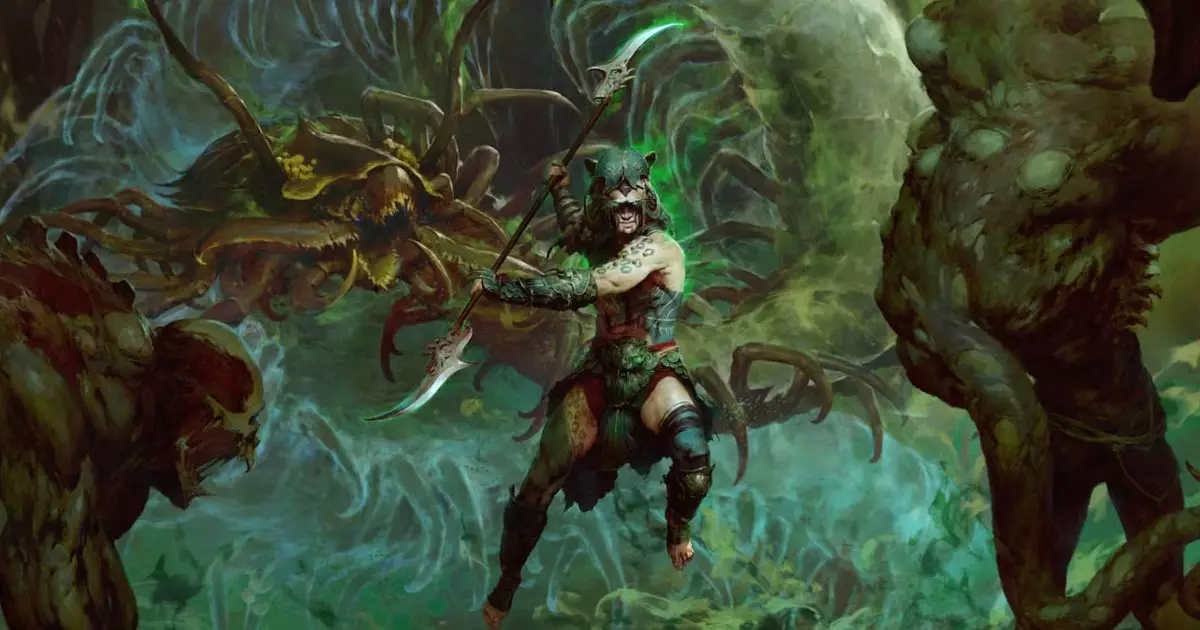The term ‘Action RPG’ (ARPG) has become a battleground for gaming enthusiasts and developers alike, as its meaning appears to shift and contort based on who you ask. At its core, the genre merges the intensity of action gameplay with the expansive narratives and character development typical of role-playing games. However, what constitutes an ARPG remains highly subjective. Titles like Diablo 4 and Path of Exile are typically labeled as ARPGs, primarily for their emphasis on real-time combat blended with substantial character interaction and customization. Yet, interestingly, games like The Legend of Zelda also fall under this umbrella, despite presenting a starkly different gameplay style.
This lexical ambivalence about the term “Action RPG” raises questions about how we categorize these games. Are they defined strictly by gameplay mechanics or by thematic and narrative content? It indicates a need for more comprehensive language that can reflect the diverse experiences players have within this genre.
Rod Fergusson’s proposal to refer to games similar to Diablo as “Diablo-likes” has sparked intense discussions within gaming communities. This suggestion may seem harmless at first glance; however, it carries undertones of elitism, wherein the Diablo series is elevated to a position of esteem that implies all games following its format are inferior imitations. The phrase “Diablo-like” suggests not just a similarity in mechanics, but an inherent hierarchy within the genre.
Critics argue that crowning Diablo as the progenitor of a sub-genre restricts the rich innovation witnessed in the ARPG landscape. It inadvertently reduces the experiments carried out by other developers, who strive to push the boundaries of the genre. Such language matters because it can shape public perception and ultimately influence the future development of games. Therefore, while it is vital to establish recognizable terms, it is equally critical to ensure these do not undermine the creative efforts of others.
The inherent complexity of establishing a singular language for discussing Action RPGs becomes painfully evident. While Fergusson’s proposals highlight the confusion within the genre, it’s crucial to acknowledge that every player or developer may have a different experience that shapes their expectations and understanding of what constitutes an ARPG.
To clarify, if a game embodies RPG mechanics but features more action-oriented gameplay, it still falls under the umbrella of an Action RPG. Conversely, an action game with RPG mechanics doesn’t lose the designation of being an ARPG either. Labeling thus remains fluid and is often subject to personal interpretation. It underscores the need for a flexible terminology that honors game developers’ contributions while guiding players through the labyrinth of genre classifications.
While establishing clear-cut categories for gaming genres is a worthy goal, the conversation around Action RPGs and their myriad interpretations reveals a broader truth in the gaming community—flexibility is indispensable. Acknowledging the myriad experiences players have with games will foster a richer, more inclusive dialogue, free from the suffocating constraints of rigid definitions. The evolution of gaming itself depends on our ability to adapt and embrace the subtleties that each unique experience brings to the table. After all, gaming is not merely about definitions; it is about the stories that unfold and the adventures we’ve yet to explore.


Leave a Reply